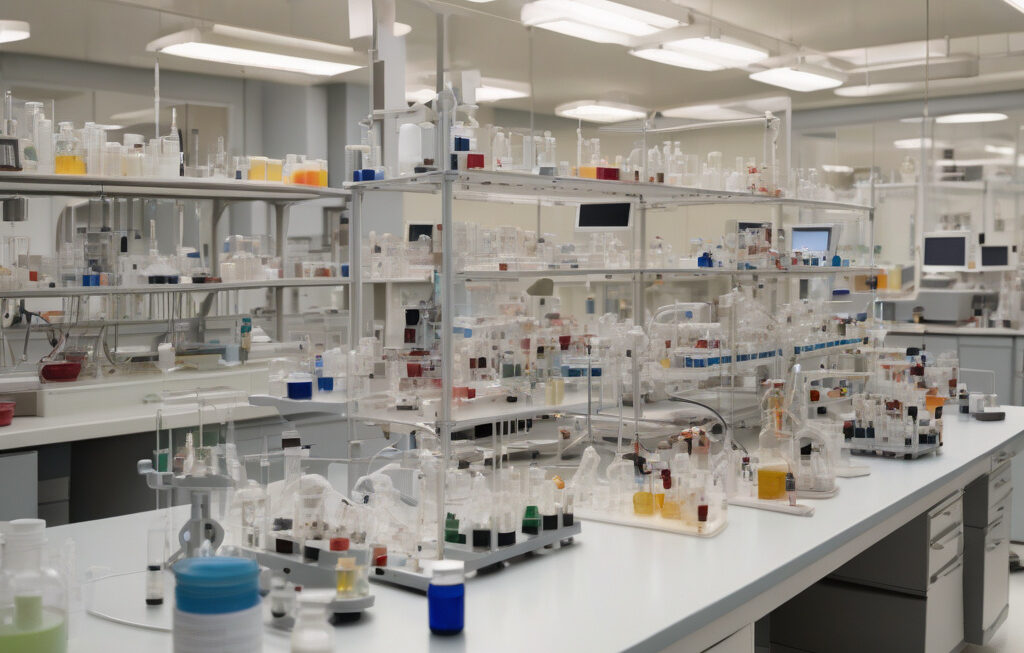Breakthrough for Pig Kidney Transplants: Researchers Uncover Why the Body Rejects It
A recent study achieved a landmark breakthrough in pig-to-human kidney xenotransplantation by studying the immune system’s response to these foreign organs. For years, scientists have been exploring xenotransplantation as a potential solution to the shortage of human organs for transplantation. Pigs, in particular, have been considered suitable donors due to their anatomical and physiological similarities to humans. However, one major hurdle has been the body’s rejection of pig organs. Now, researchers have made significant progress in understanding why this rejection occurs, bringing hope for the future of organ transplantation.
The study, led by a team of experts in xenotransplantation at a renowned research institution, focused on identifying the specific mechanisms that trigger the immune response against pig kidneys. Through a series of experiments involving animal models and advanced imaging techniques, the researchers were able to pinpoint the key factors driving rejection. One of the major findings was the role of a specific protein expressed in pig kidneys that triggers a robust immune reaction in humans. This discovery sheds light on why previous attempts at pig organ transplants have been unsuccessful and provides valuable insights for developing strategies to overcome this barrier.
Building on this breakthrough, the researchers are now exploring innovative approaches to mitigate the immune response and improve the compatibility of pig kidneys in human recipients. One promising avenue is the use of gene editing technologies to modify the expression of the problematic protein in pig organs, potentially making them more compatible with the human immune system. Additionally, novel immunosuppressive therapies tailored to target the specific pathways involved in rejection are being developed to enhance the success of pig kidney transplants.
The implications of this research are far-reaching and hold significant promise for addressing the organ shortage crisis. With millions of patients worldwide in need of life-saving organ transplants, finding alternative sources such as pig organs could revolutionize the field of transplantation and save countless lives. By overcoming the barriers to xenotransplantation, researchers are paving the way for a future where organ rejection is no longer a limiting factor in the quest to provide timely and effective treatments for patients in need.
As the scientific community continues to make strides in xenotransplantation research, collaborations between experts in immunology, genetics, and transplantation medicine are essential to drive progress and translate these findings into clinical applications. By leveraging interdisciplinary expertise and cutting-edge technologies, the field is poised to witness further breakthroughs that could transform the landscape of organ transplantation in the years to come.
In conclusion, the recent breakthrough in understanding why the body rejects pig kidneys represents a significant step forward in the pursuit of viable organ transplantation solutions. By unraveling the complexities of the immune response to pig organs, researchers are opening new doors for innovation and paving the way for future advancements in xenotransplantation. As we look ahead, the prospect of successful pig-to-human kidney transplants offers hope for patients awaiting life-saving procedures and underscores the transformative potential of interdisciplinary scientific endeavors.
pig kidney, xenotransplantation, organ rejection, breakthrough, transplantation#












